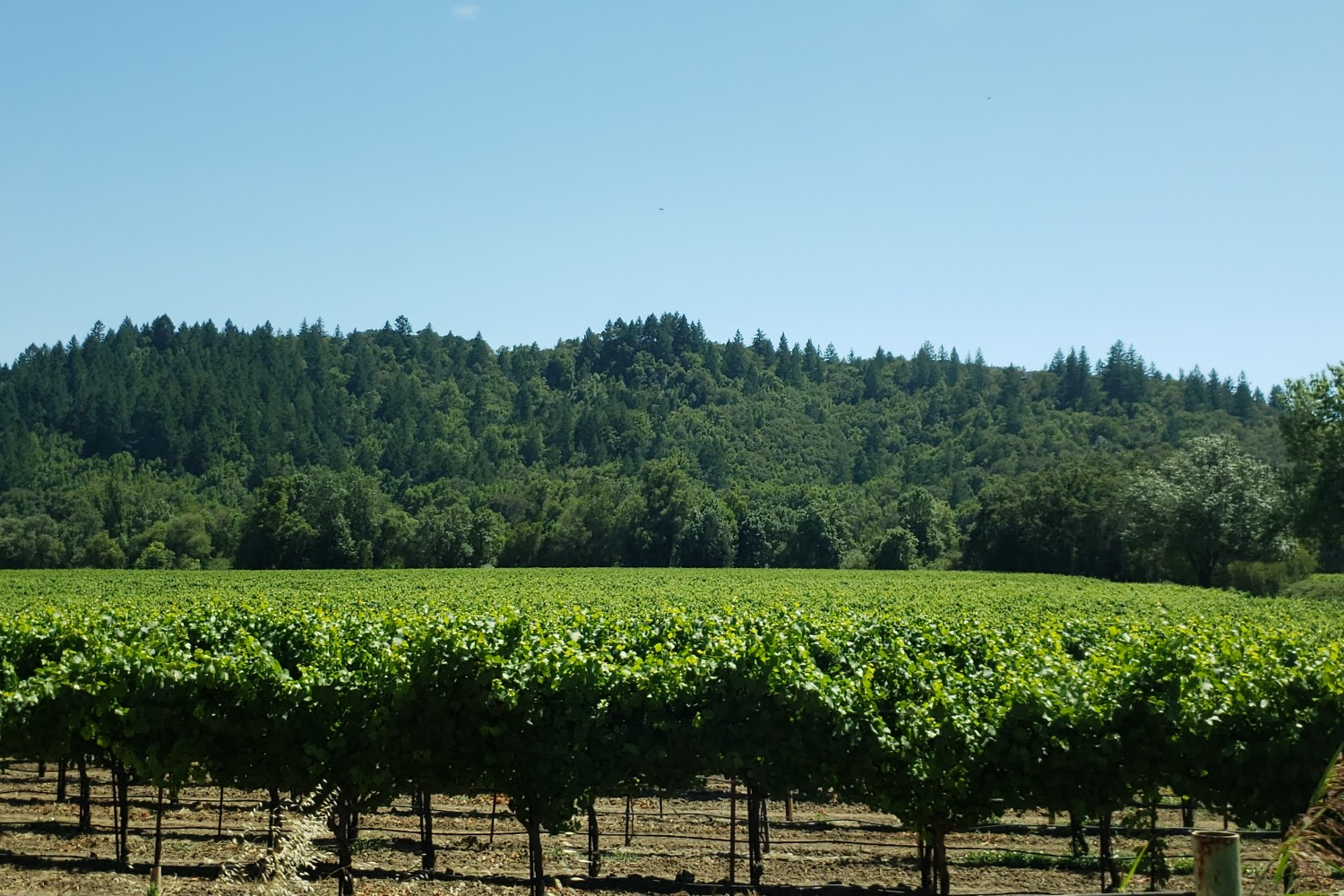
Climate change is altering every aspect of the world we live in, and that’s especially the case for agriculture. The wine industry continues to adapt, from making English sparkling wine to treating smoke impact from increased wildfires.
A new study published in Nature paints a pretty bleak future for wine, at least in some iconic growing areas. The study estimates that up to 70% of top wine production areas on the planet will no longer be suitable by the end of the century. That’s dire news for places like California, Greece, Italy, and more.
Wine has been evolving alongside climate change for years, and all hope is not lost. However, the industry will have to continue evolving to keep pace, experimenting with new growing methods and potentially new vineyard areas.
Regions in jeopardy

Most of the wine map resides in more temperate areas not too far from the equator. Yet, thanks to rising temperatures and more extreme weather, this map is shifting. Regions that are particularly vulnerable include warmer areas like Mendoza, Australia, California, and the southern stretches of Italy and Spain.
These regions have already seen significant shifts, like heat spikes and drought, that lead to earlier harvests. On top of that, all that increased radiation (not to mention CO2, as the report points out) has negatively affected grape quality and forced some producers to grow elsewhere or not at all.
Moreover, an estimated 30% of the most affected wine regions are experiencing conditions too dramatic for premium wine production to continue. That’s a sobering pill to swallow for some of the planet’s most well-known wine zones, from Malbec to Provence.
Ways to adapt
The adaptation game has already begun. Over the last several decades, we’ve seen wine producers seek out cooler, more suitable land for cultivation. They’ve planted estates at higher elevations, and regions once thought irrational for premium wine production (Colorado, Vermont, the Midwest) are showing promise. Of course, this expansion leads to potential run-ins with natural areas, disputes over conservation, and natural resource depletion.
The industry will have to get smarter and is showing signs of doing so. More drought-resistant grape varieties are being championed, and sustainability has become a way of life. Traditional farming methods have given way to more natural approaches, and producers are trying their hand at making new wines to honor the warmer growing seasons.
Will new wine regions emerge?

Undoubtedly, new regions will emerge, and in many cases, they already have. New appellations are popping up all over the globe (otherwise known as American Viticultural Areas here in the U.S.), pushing farther and farther from the equator to avoid extreme heat and weather (hail and excessive rain cause problems too, damaging buds and introducing disease, etc.). Look for places in northern Europe to shine, as well as cooler domestic pockets like the Pacific Northwest.
The most startling conclusion could be once-famous winemaking areas going extinct. Places like the Barossa Valley in Australia and Paso Robles may one day soon simply be too extreme weather-wise for wine.



